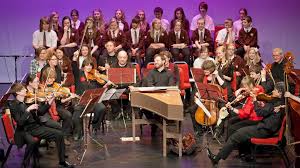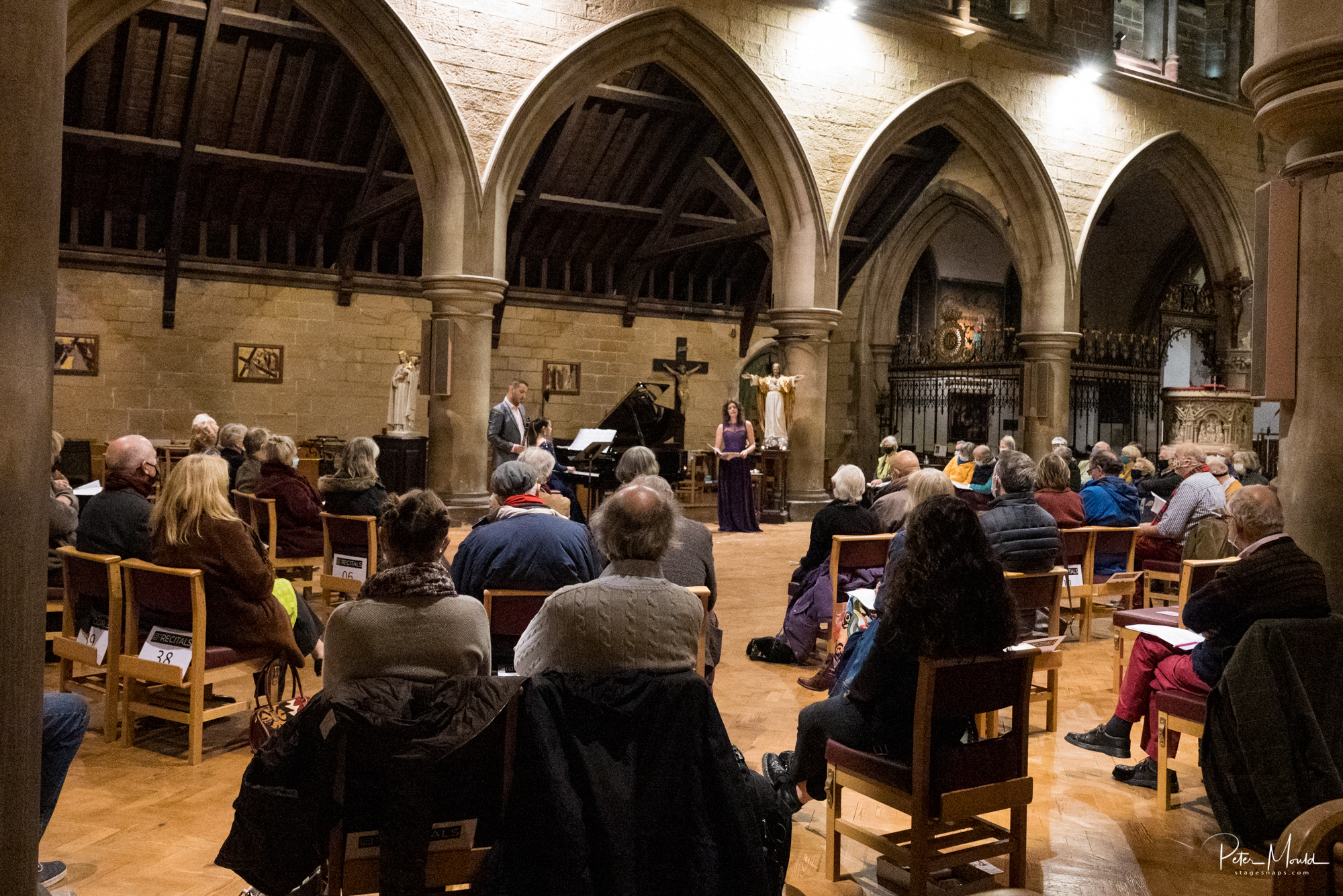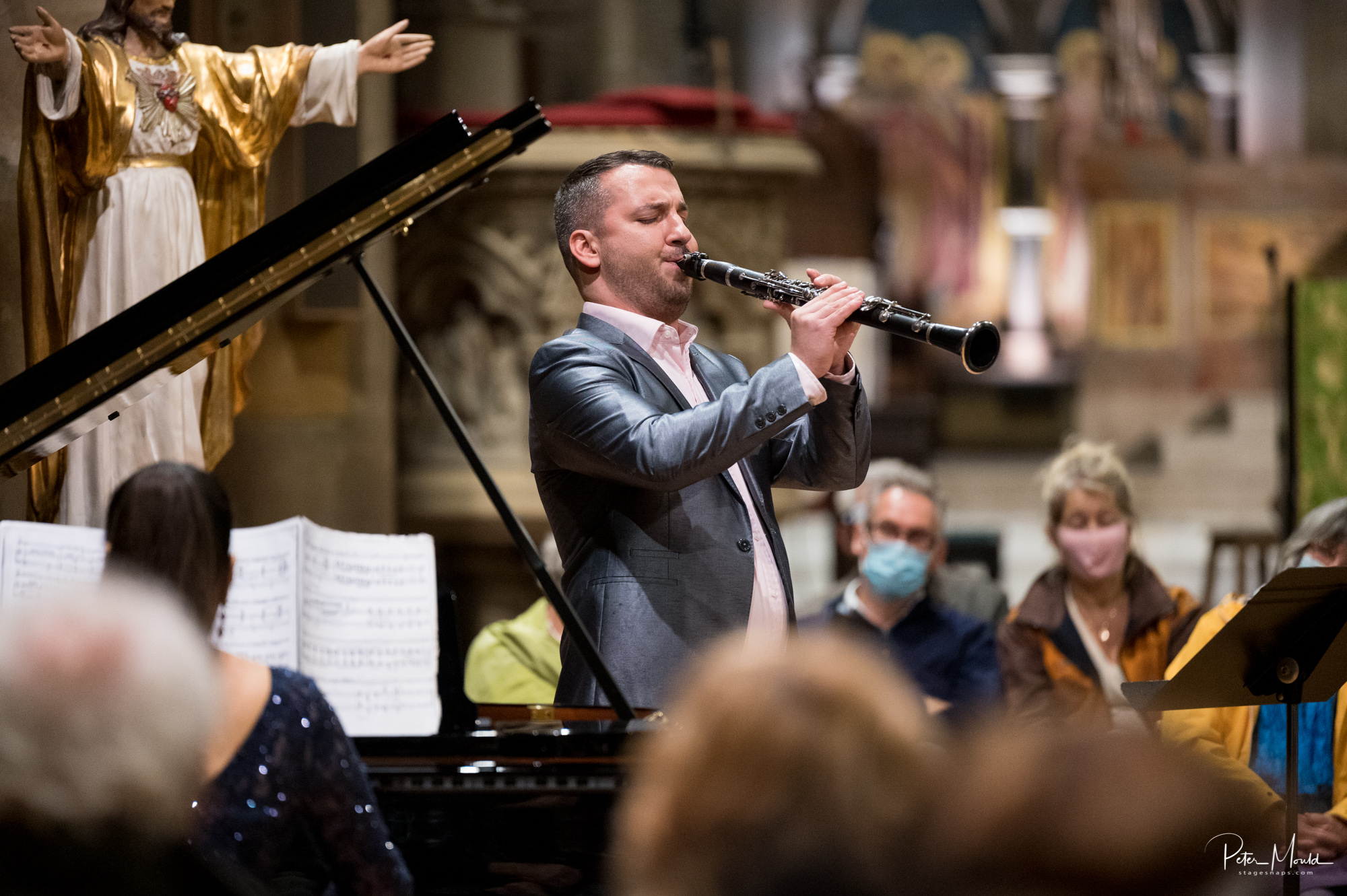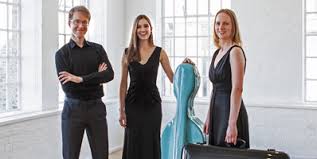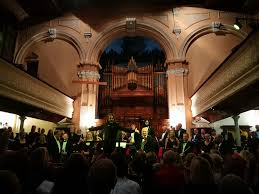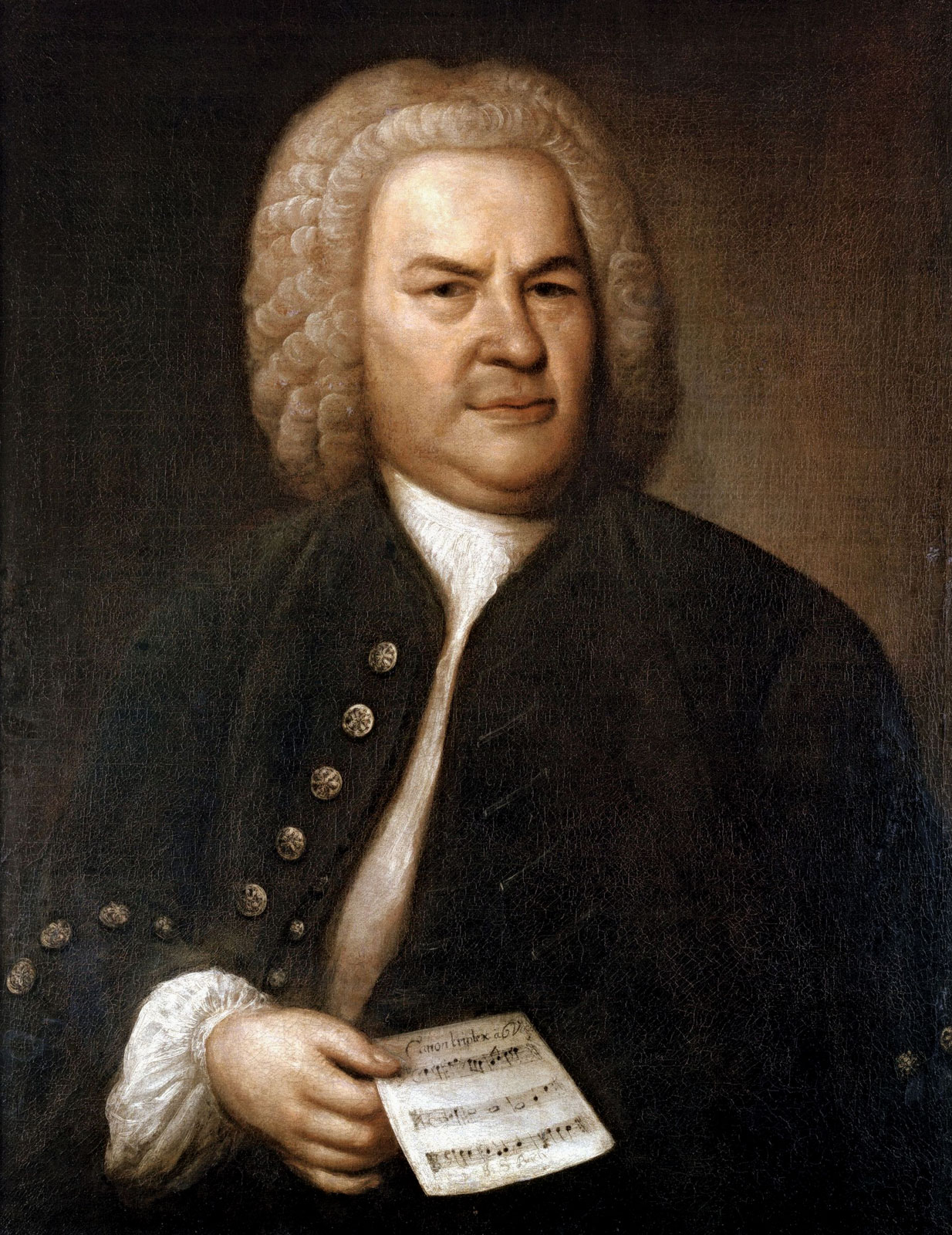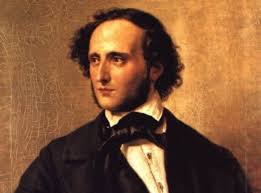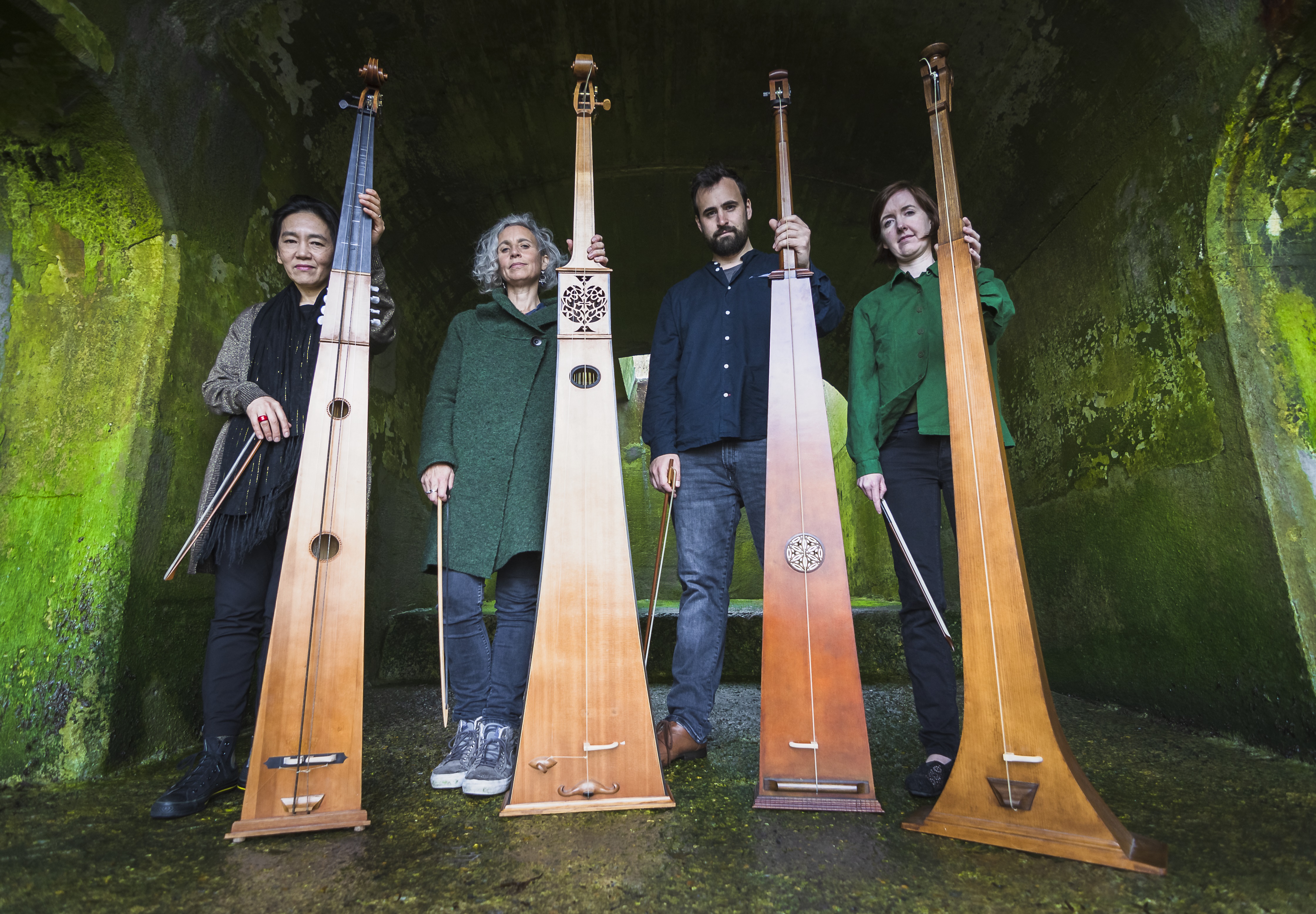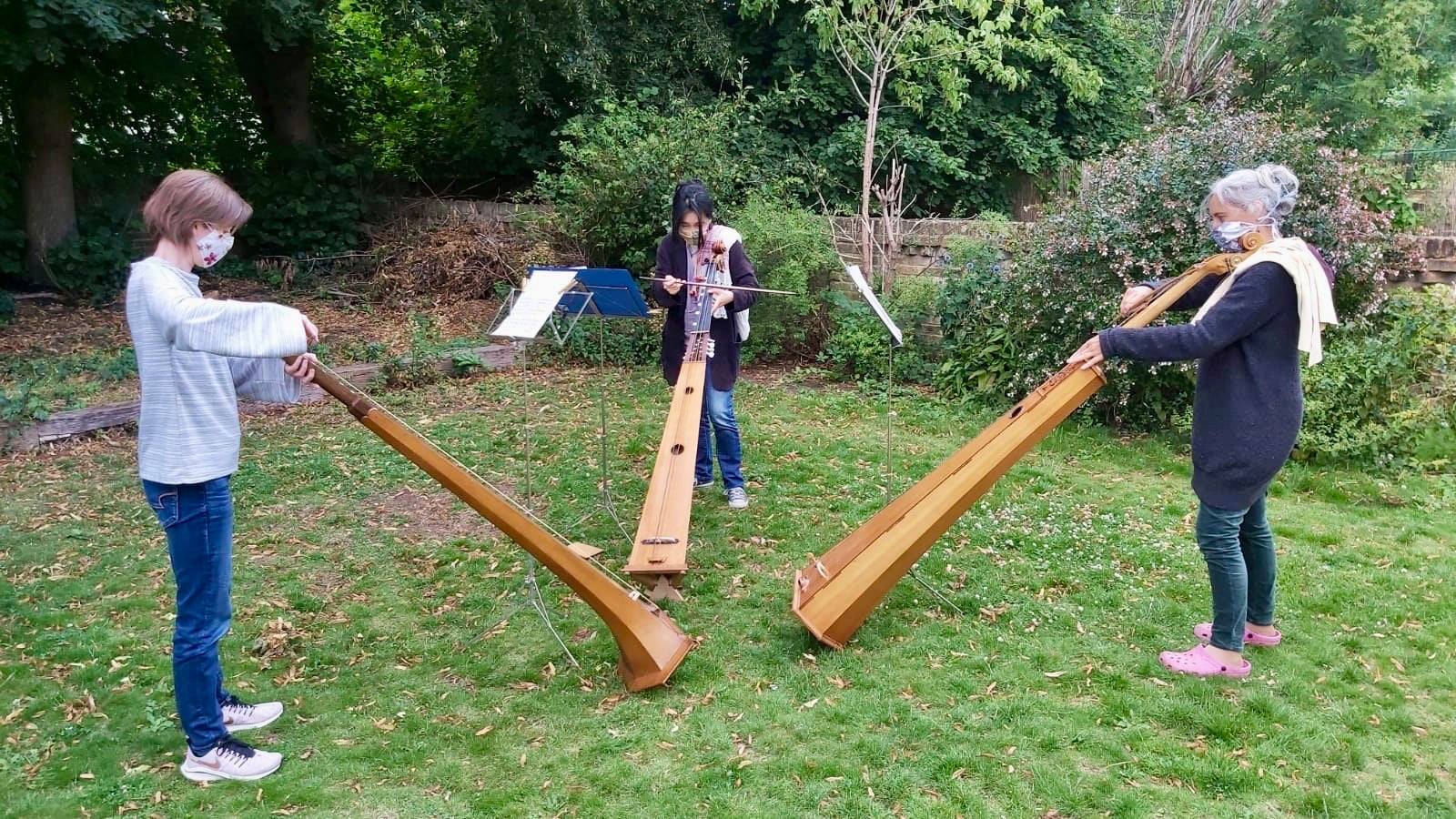Beethoven: Missa Solemnis
Hofkapelle & Kammerchor Stuttgart, Frieder Bernius
NAXOS NBD 0116V Blu-ray
Frieder Bernius is an idiosyncratic not to say meticulous conductor who prepares his musicians in a way few others I have come across would dare to do. He marks up the scores of each musician and singer individually and even rehearses with individual members of the choir. Internal balance and even the way each vowel is pronounced is crucial to him. The recording comes in two sections. The first, a film by Uli Aumuller, follows this process of preparation, while the second is the recording itself.
Given that there is such attention to detail and the use of original instruments is crucial, the only point at which I began to question the whole undertaking was the editing studio where they were able to nudge phrases, entries, even alter the character of a note to ensure it was exactly what the conductor wanted. This struck me as overkill for a performance which worked perfectly well without it. Live music sometimes has tiny mistakes and is often the better for it.
FLORENT SCHMITT – MELODIES
SYBILLE DIETHELM, ANNINA HAUG, NINO AURELIO GMUNDER & RENE PERLER, voices
FABIENNE ROMER & EDWARD RUSHTON, piano
RESONUS RES10265 72’33
This is a very rewarding disc, showcasing the diverse output of a composer I was unaware of. The CD consists of 7 sets of short song cycles, 25 songs in total, presented in clear recordings by male and female soloists with piano accompaniment. There is much variety in music and subject matter. Full texts and translations make this a recording to return to and listen in different ways. An interesting and welcome introduction to this project discusses the complexities of assessing the work of someone known to have at least been on friendly terms with Nazis. We need to have these discussions if we are to make sense of much of our artistic heritage and find ways to appreciate and enjoy what is good as well as not shying away from the darker aspects of the circumstances in which they were sometimes created.
FRANCIS POTT – AT FIRST LIGHT; WORD
JOSEPH SPOONER, Cello. CHRISTIAN WILSON, Organ
COMMOTIO MATTHEW BERRY, Conductor
NAXOS 8.573976. 79’26
Here are two new major works by Francis Pott in premiere recordings. The pairing makes for a very satisfying programme. At first light (2018) was commissioned as a memorial. It combines sung texts from a variety of sources – Christian and Jewish as well as words by Wendell Berry & Kahil Gilbran. Alongside the choir is the wordless but lyrical cello. Word (2012) was commissioned as part of the Merton Choirbook Project and is intended to “enable contemplation of the Gospel ‘s significance in our postmodern cultural epoch”. As in the previous CD the text of the booklet is well worth reading in order to more fully understand the thought behind the work. Texts here are from the prologue to John’s gospel together with poems by RS Thomas. The organ also plays a significant part.
JOHANNES DE CLEVE – MISSA REX BABYLONIS & OTHER WORKS
CINQUECENTO Renaissance Vokal
HYPERION CDA68241 71’06
This disc presents Franco-Flemish music of the late 16th Century. The major work is complemented by the motet Rex Babylonis composed by Jacobus Vaet and published in 1568, from which Johannes de Cleve constructed his mass. Alongside this music are further shorter works by de Cleve. This recording gives a wonderful insight into the musical world of the chapels of the Habsburg chapels.
GIROLAMO BARBIERI – ORGAN WORKS
MARCO MOLASCHI, Angelo Amati organ(1843),
Chiesa di San Bassiano, Pizzighettone (Cremona)
TACTUS TC 800201 73’45
This is a very entertaining CD, perhaps not to everyone’s taste but featuring Marco Molaschi giving a very good account of Barbieri’s organ music. Writing during the 19th Century this music clearly reflects the influence of his interest in music for the theatre as well as for the church. The historic organ adds to the flavour of this recording.
LEONE SINIGAGLIA, KURT SONNENFELD, ALDO FINZI, VITO LEVI – WORKS FROM “DEGENERATE MUSIC”
ROBERTO FABBRCIANI, GIACOBBE STEVANATO, DAVIDE CASALI
ORCHESTRA ABIMA, CIVICA ORHESTRA DI FIATI “G.VERDI”
TACTUS TC 900005 67’23
One of the many cultural tragedies of the rise of Nazism in the early 20th Century was the persecution of composers whose race or religion, ideas or philosophies did not fit with the leadership’s objectives. Restrictions and particular burdens were placed upon them. Works were suppressed and, in many cases, destroyed. Despite this, human resilience often triumphed, creativity flourished and many works were hidden, preserved and passed on. Releases such as this are to be encouraged and welcomed as a means of bringing this music to a wider audience and making the story of this human tragedy known. The orchestral music of the four composers represented here clearly show that this music was anything but degenerate.
SP 12/10/20
J S Bach; Goldberg Variations
Pavel Kolesnokov, piano
HYPERION CDA 68338
The Goldberg Variations work well on the piano and are here given a sympathetic and warm rendition by Pavel Kolesnikov. The story behind the recording is as interesting as the disc itself. The work was not in the pianists repertoire until he was asked if he would perform it for a ballet version choreographed by Anne Teresa De Keersmacker – which needless to say he did. If this gives the rhythms an extra edge, we know why.
John Rutter: Anthems, Hymns & Gloria for Brass Band
Black Dyke Mills Band, Sheffield Philharmonic Choir, Nicholas Childs, Darius Battiwalla
NAXOS 8.574130
This is a very enjoyable arrangement of familiar works by John Rutter. The only dip comes with the Gloria which is an early work and does not have the spiritual and emotional integrity of the later hymns.
Piano Quintets by Frederic D’Erlanger and Thomas Dunhill
Goldner String Quartet, Piers Lane, piano
HYPERION CDA 68296
As so often with new releases, I knew nothing of either of these composers or their works before the cd arrived on my desk. The music is immediately engaging in a late romantic and at times comfortably English sense. Worth exploring.
Domenico Scarlatti: Complete Keyboard Sonatas Vol25
Pascal Pascaleff, piano
NAXOS 8.574146
Can you have too much of a good thing? Volume 25 of Scarlatti’s Keyboard Sonatas and there seems no end to the series. Engaging as the recording is, one would need to be a real enthusiast to differentiate between them. I assume there is a market here, if only for those who want complete sets of everything.
Sibelius: Kullervo
Minnesota Orchestra, YL Male Voice Choir, Lilli Paasikivi, Tommi Hakala, Osmo Vanska
BIS 2236
Having heard Osmo Vanska conduct Sibelius in Lahti some years ago during one of the Lahti Organ Festivals I was convinced then that he is one of our finest interpreters of the composer, and so it proves here. Drawing on Finnish singers and the Minnesota Orchestra this is a spirited recording made during live performances which helps to give is a strongly dramatic edge.
Franz Lehar: Cloclo
Lehar Festival Bad Ischl, Marius Burkert
CPO 777 708-2
Foer those of us besotted by The Merry Widow this recording has a lot going for it. Though relatively unknown, Cloclo has a generous amount of memorable melodies and Lehar seems deliberately to return to a lighter more engaging approach. A rarity but one which might be due for revival.
Shostakovich: Symphony No5
Bavarian Radio Symphony Orchestra, Mariss Jansons
BR KLASSIK 900191
This is part of an ongoing series and very welcome it is. After the disastrous reception given to Lady Macbeth of the Mtsensk Shostakovich needed a success, and this was it. For all its dark corners the work is deliberately accessible and so it proves to be in Mariss Jansons finely honed approach.
Richard Strauss: Tanzsuite; Divertimento
New Zealand Symphony Orchestra, Jun Markl
NAXOS 8.574217
Two suites based on works by Couperin. Strauss was commissioned to write a ballet score for the Vienna State Opera in 1919 and these divertimenti are drawn from the full score. Charming and undemanding, they are finely played by the New Zealand forces under Jun Markl.
Malcom Arnold: The Dancing Master
BBC Concert Orchestra, John Andrews
RESONUS RES 10269
Not a work I had come across before, the opera was written in 1952 for television but considered too sexually explicit and so never performed at the time. It is difficult to see quite why today, and the music comes across with freshness and spirit. The score ranges from the sentimental to the acerbic, and all the better for it.
John Tavener: No Longer Mourn For Me
Steven Isserlis, cello, Philharmonia Orchestra, Omer Meir Wellber
HYPERION CDA 68246
I found much of this hard going. The opening and closing pieces, arranged by Steven Isserlis for eight cellos are easily accessible and engaging but the three central works are far more challenging and may upset the balance of the arrangements in the outer movements.

